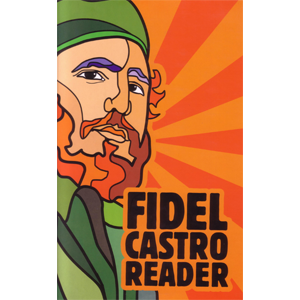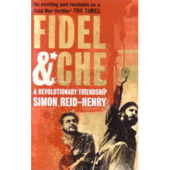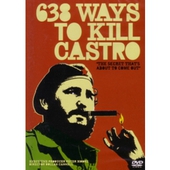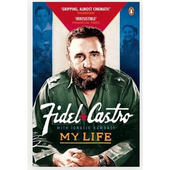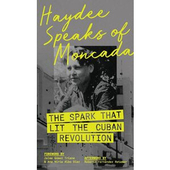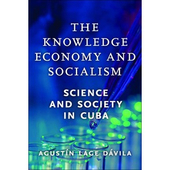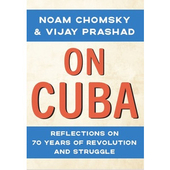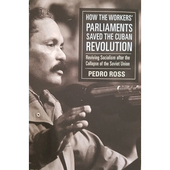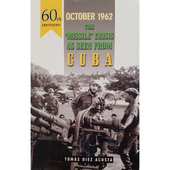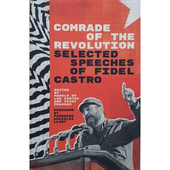Fidel Castro Reader
Ocean Press,2007
This is a comprehensive anthology of speeches by Fidel Castro, spanning the great majority of his political life. The editors have risen to the task of selecting from over 5000 speeches from over a 48-year period – framed, as they explain in their preface, by the twin considerations of political change in 21st century Latin America and debates over the future of socialism.
The twenty texts plus epilogue include his famous 1953 courtroom defence “History Will Absolve Me,” reactions to key events (such as the Bay of Pigs invasion, the Cuban Missile Crisis and the death of Che Guevara), analyses of global shifts such as the collapse of the Soviet Union, and important later addresses such as his 1999 speech in Venezuela on the inauguration of Hugo Chávez, and his response to 9/11.
The edition also offers supplementary material – a chronology of the Cuban Revolution, an index, and 24 pages of photographs – that help situate the speeches and make the work more accessible.
The book’s primary virtue lies in letting Castro speak for himself. His honesty, his command of facts and figures, his wide-ranging cultural references, his ability to inspire, and his grasp of socio-political issues from a global perspective stand in glaring contrast to the mediocrity of contemporary Western leaders. He was renowned for his oratory, and the texts showcase his persuasive, digressive, charismatic style. Also, of course, they offer direct access to his arguments, style, and priorities.
By including texts from across a long political career, in chronological order, the anthology allows the reader to see how Castro’s ideas evolved in response to changing domestic and international circumstances: from revolutionary guerrilla, to head of state, to critic of global capitalism and climate change, to elder statesman and global icon. These shifts are useful in understanding both continuity and change in his thinking.
As Angela Davis remarked: “Fidel is the leader of one of the smallest countries in the world, but he has helped to shape the destinies of millions of people across the globe.” The book should appeal to anyone interested not only in the man himself – as orator, ideologue, and political leader – but in the Cuban Revolution, Latin America, and the evolution of twentieth‑century socialism. Many of the issues Castro addresses remain relevant today, when global inequality, US domination, climate justice, and the struggles of the Global South are more pressing than ever. The picture would have been more complete had we heard more on the subject of China, for example, or post-Soviet Russia. But given Castro’s undeniable importance in history, this book is invaluable for scholars, activists and general readers alike – not least because next year is the 100th anniversary of Fidel’s birth. If the book has one message, it is in its closing lines: “Life is meaningless without ideas. There is no greater joy than to struggle in their name.”
Jeff Searle for CubaSi Autumn 2025
